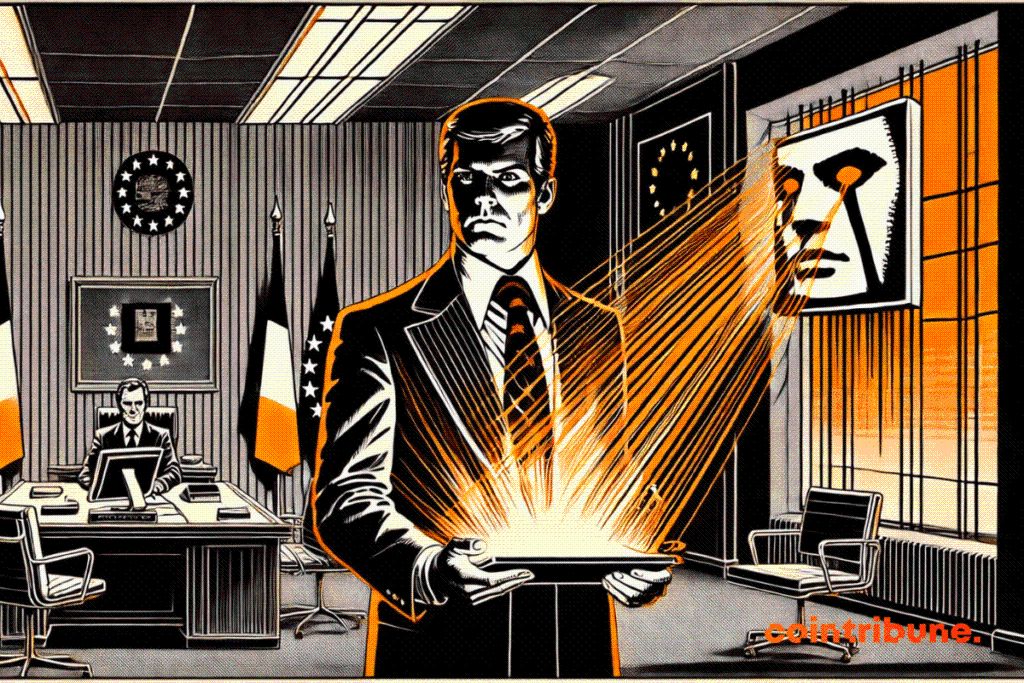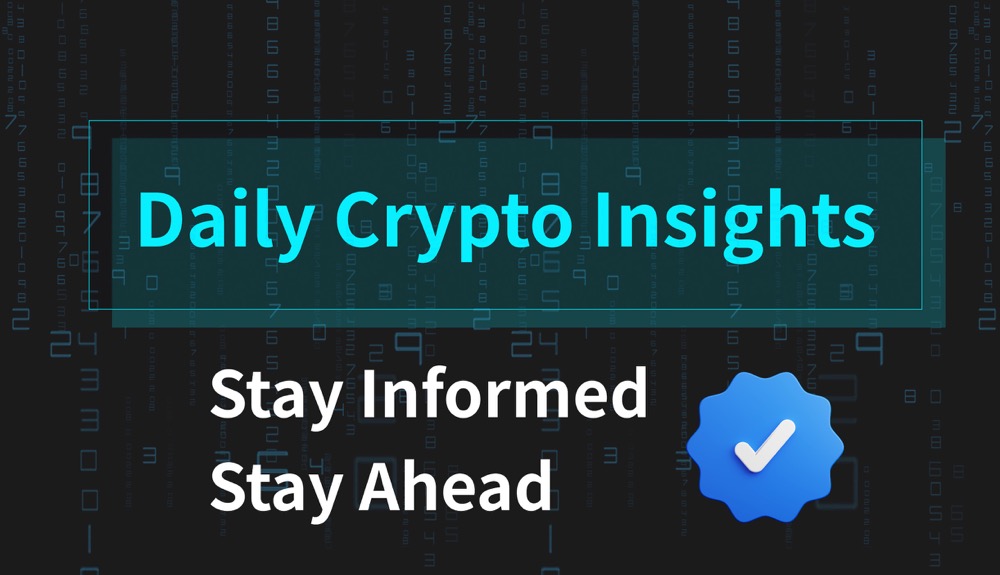Tensions Between Telegram And France Over European Laws
In a world where information often blends with misinformation, Telegram, the encrypted messaging app, found itself at the center of an unprecedented controversy. While France claims to have forced the platform to comply with European rules after the arrest of its founder, Pavel Durov turns the accusation around: according to him, it was the French authorities who were slow to apply the procedures provided by the EU. A rhetorical duel that reveals deeper tensions over the control of tech giants.

In Brief
- Telegram at the center of a controversy after the arrest of its founder, Pavel Durov, in France.
- Paris welcomes having forced the platform to comply with the Digital Services Act.
- Durov retorts: Telegram was already compliant; it was the French authorities who ignored the procedures.
- A case highlighting administrative shortcomings and tensions around European digital regulation.
Timeline of a Misunderstanding: Arrest, Procedures, and Contradictory Accounts
The summer of 2024 will be marked by the spectacular arrest of Pavel Durov in France . Accused of complicity in child exploitation and drug trafficking cases — allegations linked to what was considered lax moderation on Telegram — the founder was placed in police custody, then released under judicial supervision. French media then relayed an official version: this arrest supposedly prompted Telegram to finally cooperate with European requirements.
But Durov, accustomed to taking firm stances, strongly contests this narrative. On X (formerly Twitter), he denounces blatant misinformation . According to him, Telegram has scrupulously complied with the Digital Services Act (DSA) for years, even anticipating its entry into force. “We dedicate millions of dollars annually to legal compliance, everywhere,” he insists. He believes the arrest serves as a pretext to cover up French shortcomings.
The evidence presented? The French authorities supposedly began using the DSA’s legal channels only after the incident. “Before August 2024, they ignored the official procedures to contact us,” explains Durov.
Yet this method is publicly described on Telegram’s website, accessible through a simple Google search. A detail that casts harsh light on French administrative practices.
The DSA, Between Regulatory Ideal and Operational Realities
The Digital Services Act , the cornerstone of European digital regulation, requires platforms to collaborate with member states through strict processes.
Telegram claims to have played along from the start: a dedicated interface for legal requests, dedicated teams, enhanced transparency. “We have been ready years before the legal deadlines,” emphasizes Durov.
However, France reportedly continued to bypass these tools. Until 2024, user data access requests arrived by email, sometimes without a formal warrant — a practice incompatible with the DSA. “After my arrest, the French police suddenly discovered the correct procedure,” the founder quips. The result? Courts were finally able to obtain crucial information for criminal investigations.
This turnaround raises questions. Why did a member state, often seen as an EU driver, take so long to apply its own rules? Some see a power logic: by demonizing Telegram, France would mask its own bureaucratic delays. Others mention a lack of knowledge of the DSA’s technical mechanisms, complex even for insiders.
Digital Sovereignty: Who Really Controls the Online Space?
Beyond the Franco-Telegram clash, this dispute raises a crucial question: in an interconnected world, who holds real authority over globalized platforms? Nation-states, despite their laws, struggle to impose their will on actors without a fixed physical headquarters. Telegram, based in Dubai, embodies this geographical fluidity that defies traditional jurisdictions.
The European response, via the DSA, aims to harmonize the rules. But its application remains uneven. France, accusing Telegram of non-cooperation, attempts to assert its leadership. Yet, the facts reported by Durov suggest a lack of structural preparation. “You cannot require companies to comply with laws that states themselves ignore,” summarizes a digital law expert.
This case could set a precedent. If member countries delay mastering the tools provided by the DSA, platforms will de facto gain normative power. Telegram, by publicly denouncing French errors, reverses the power dynamic: it is now up to the EU to prove its regulatory credibility.
The conflict between Telegram and France is not just a semantic quarrel. It symbolizes the challenges of a still nascent digital regulation, where principles collide with operational realities.
Disclaimer: The content of this article solely reflects the author's opinion and does not represent the platform in any capacity. This article is not intended to serve as a reference for making investment decisions.
You may also like
Aptos Logs 133K Wallets, 558K Transactions in Osaka Expo Week One—Is Adoption
Aptos’ debut as the digital wallet provider at Expo 2025 Osaka showcases how seamless blockchain integration and soulbound NFTs can drive mainstream adoption, adding 133,000 new users in just one week.

$TRUMP Holders Dinner: Token Rockets 64% as Top Investors Chase Rare Trump Invite

DogWifHat ($WIF) Rallies 25% as Meme Coin Market Rebounds to $53.95 Billion
DogWifHat ($WIF) spearheads a meme coin market rebound with a 25% jump, riding a wave of renewed trading enthusiasm after a harsh downturn earlier in 2025.


